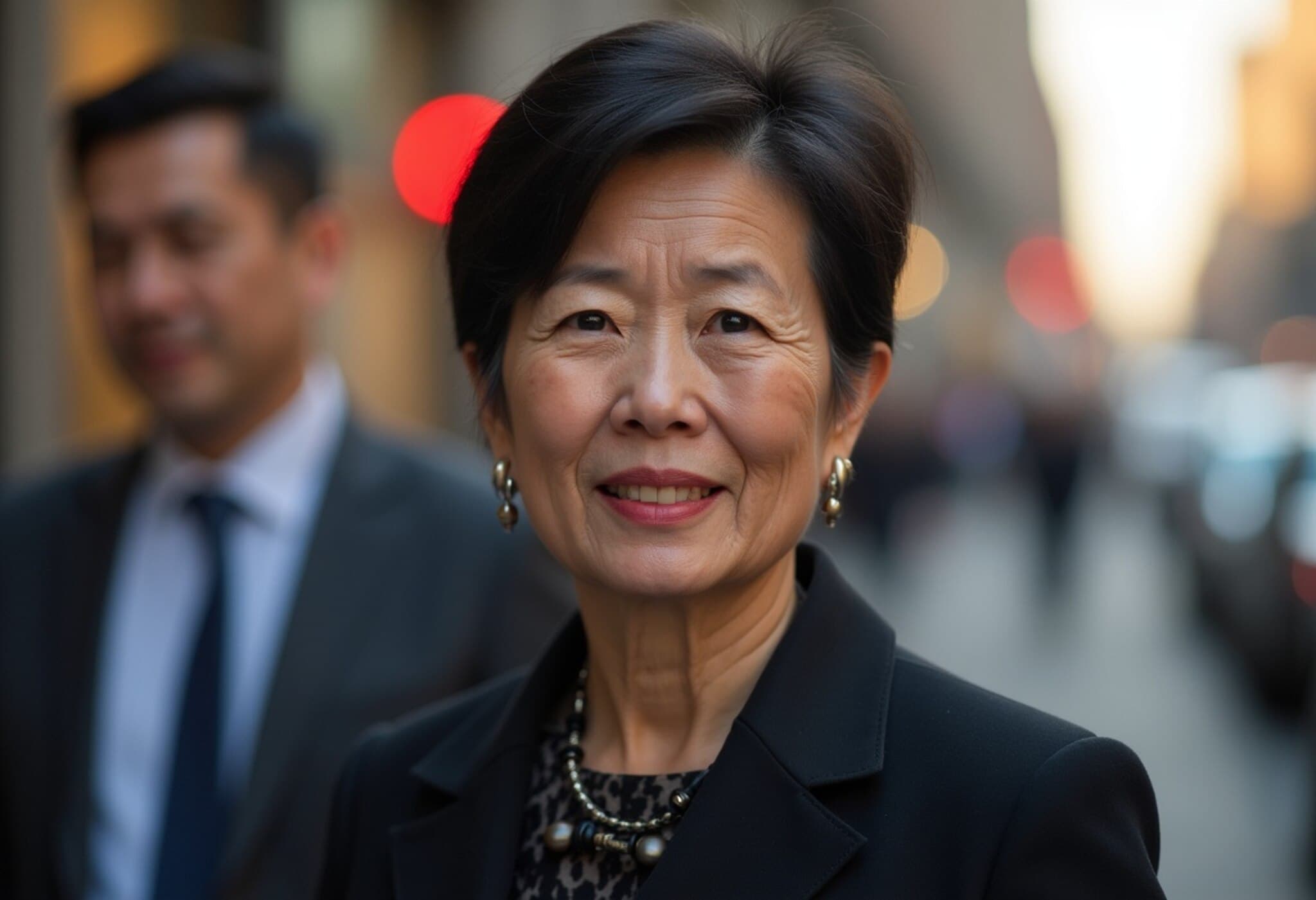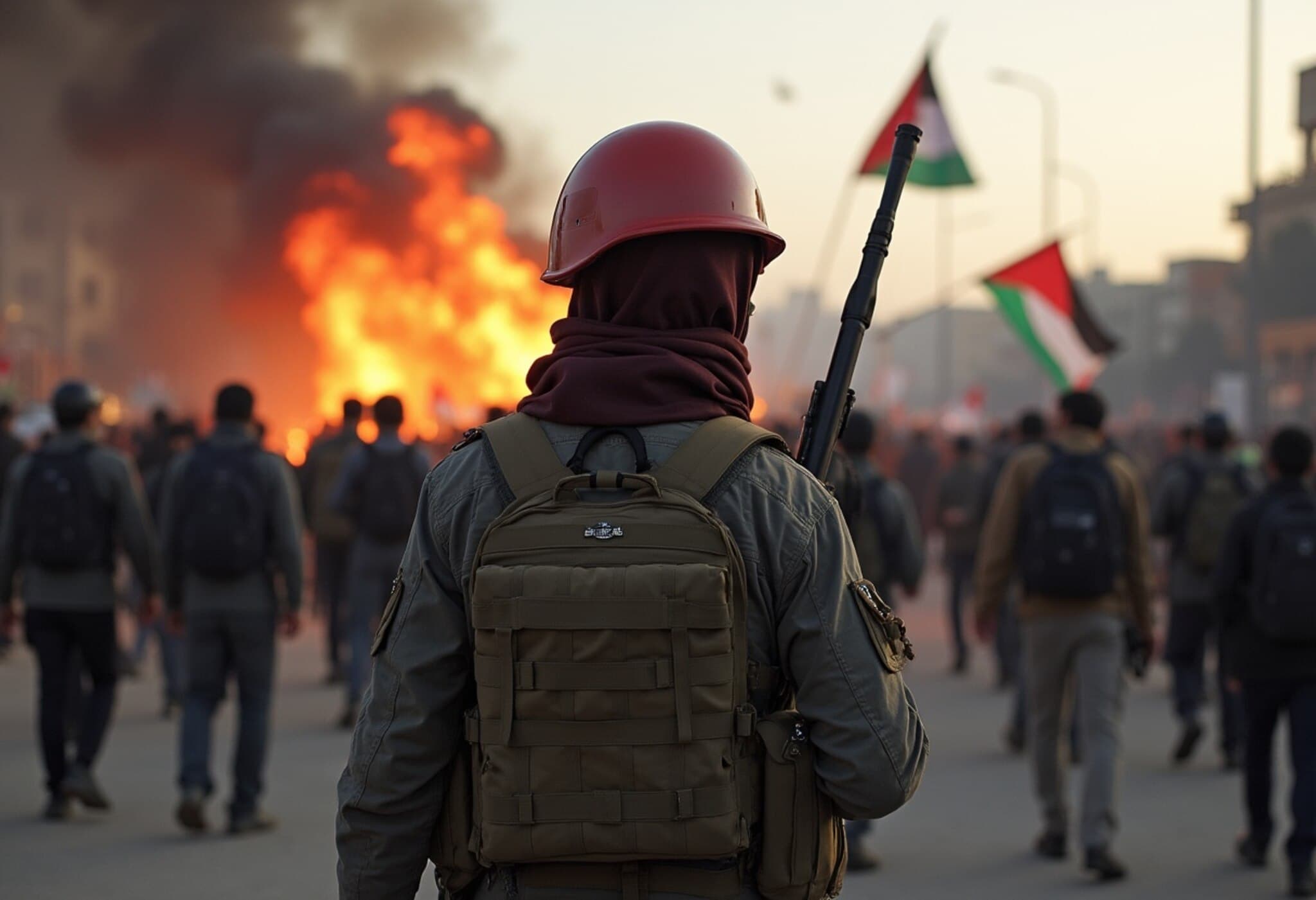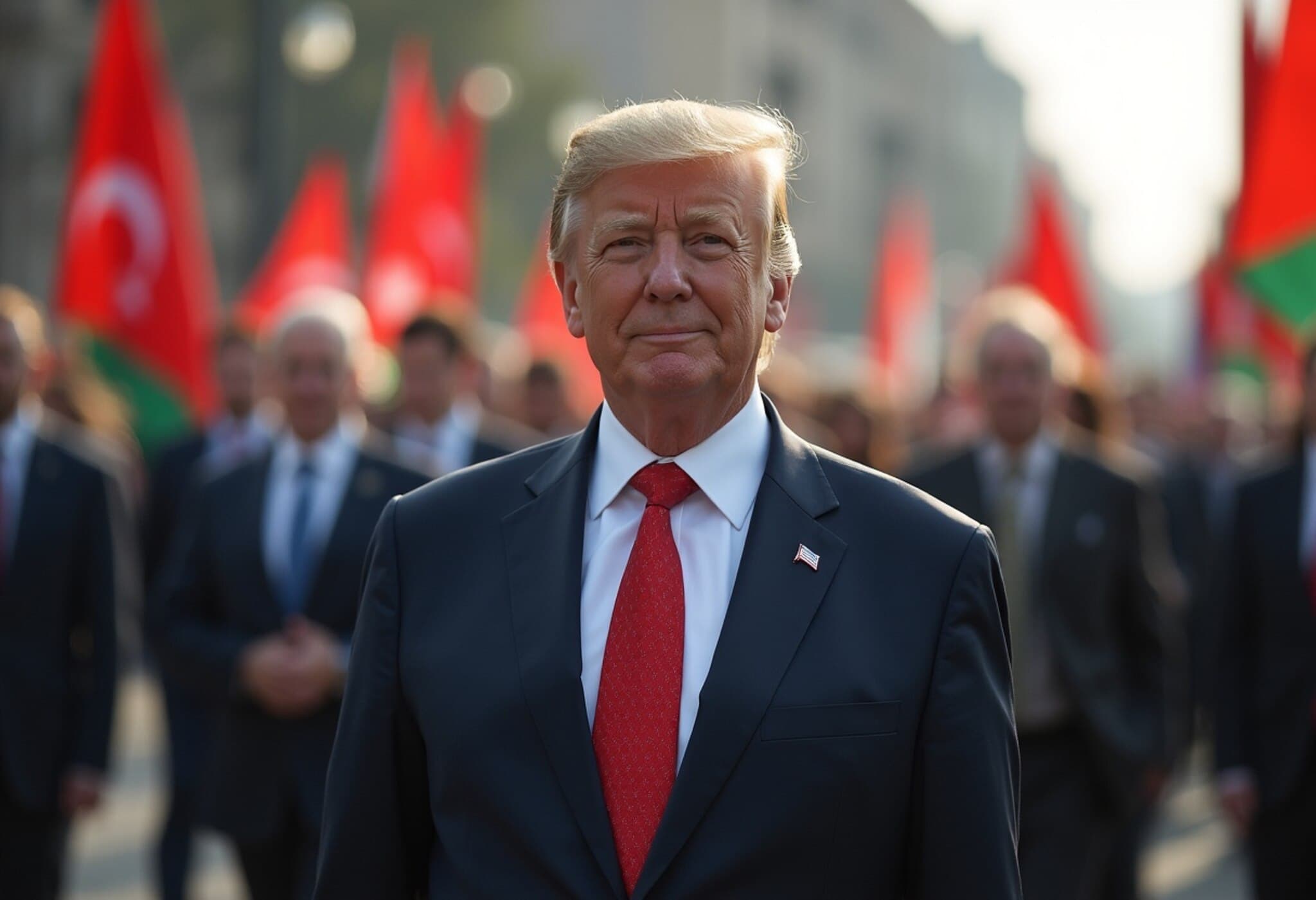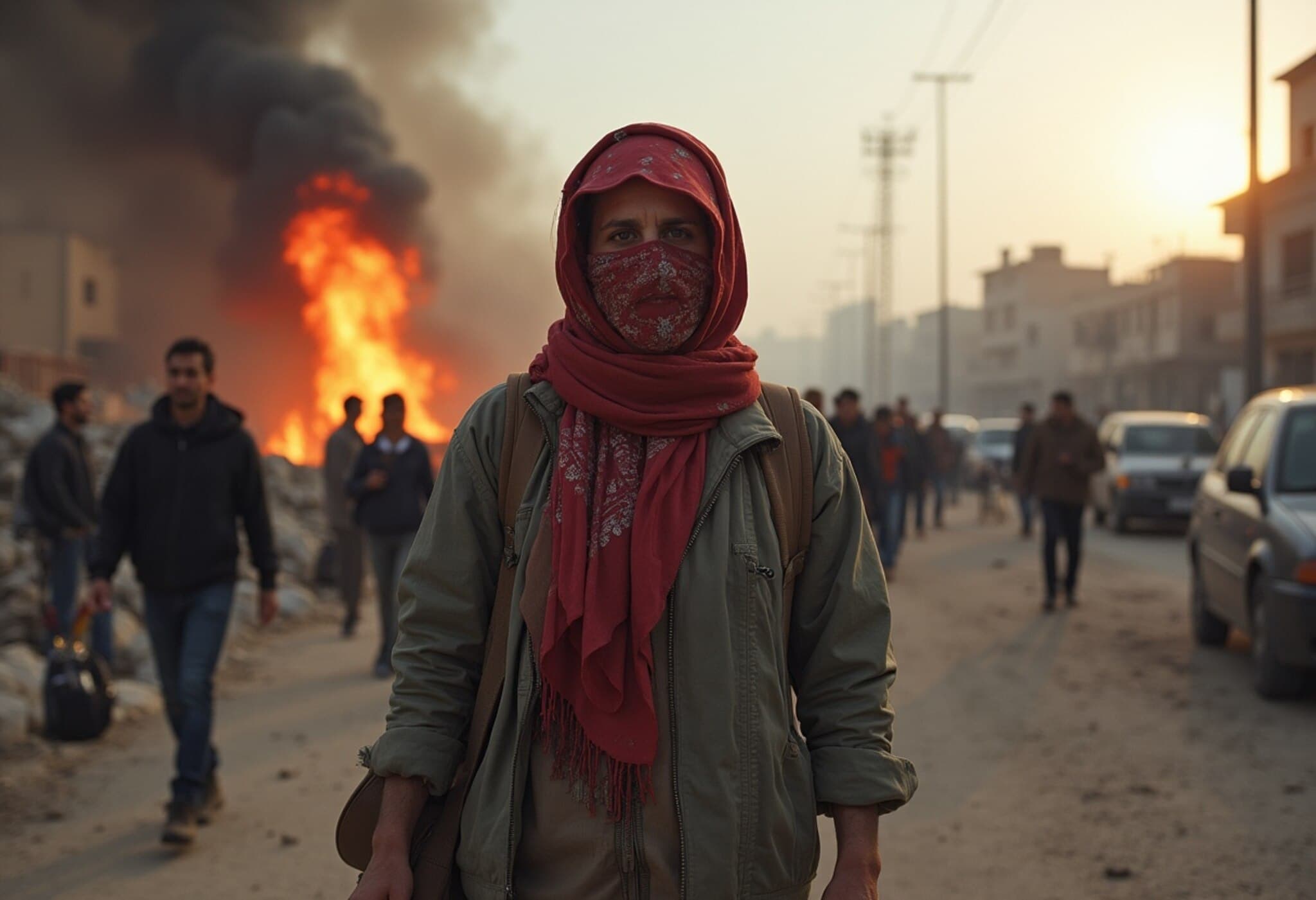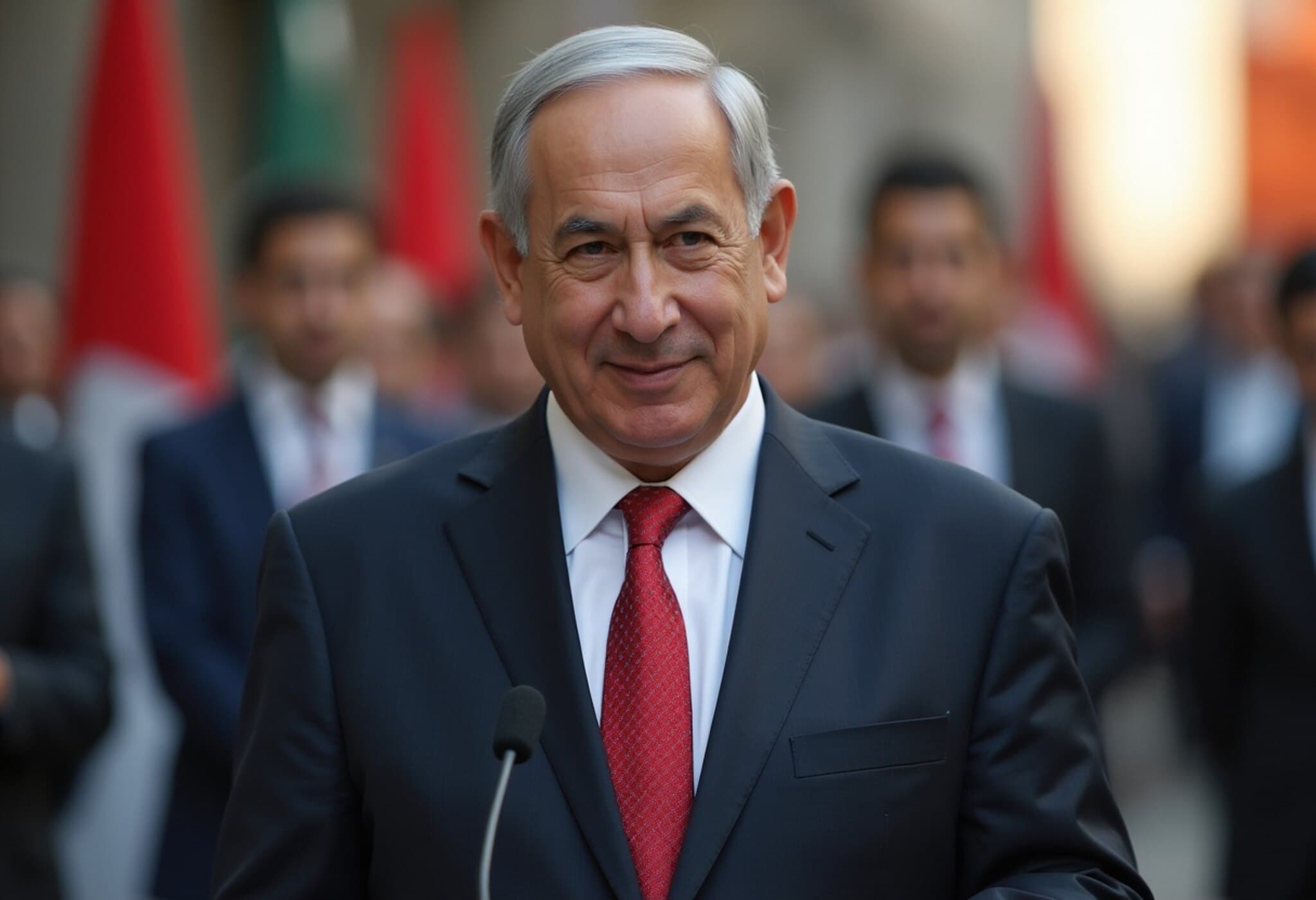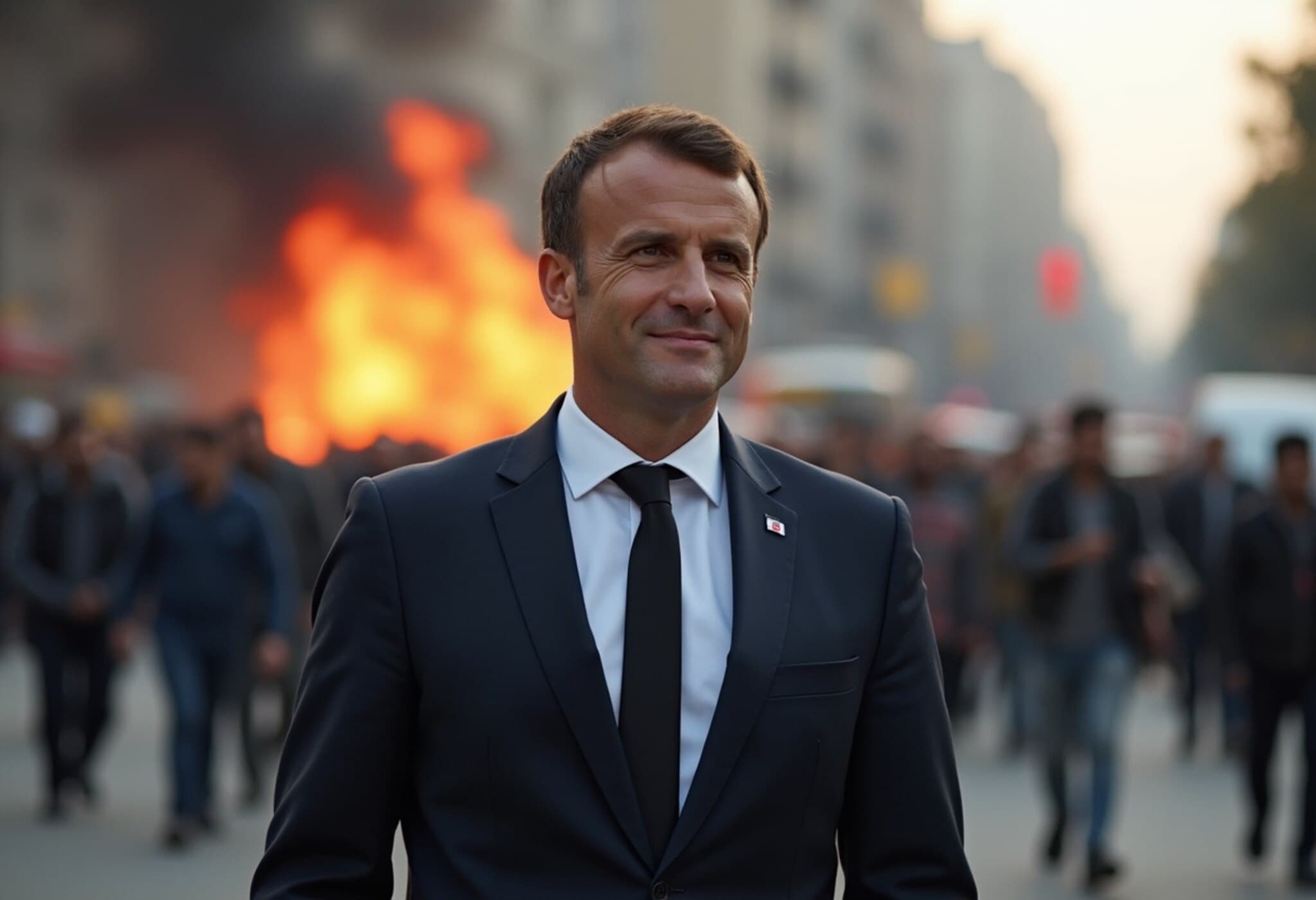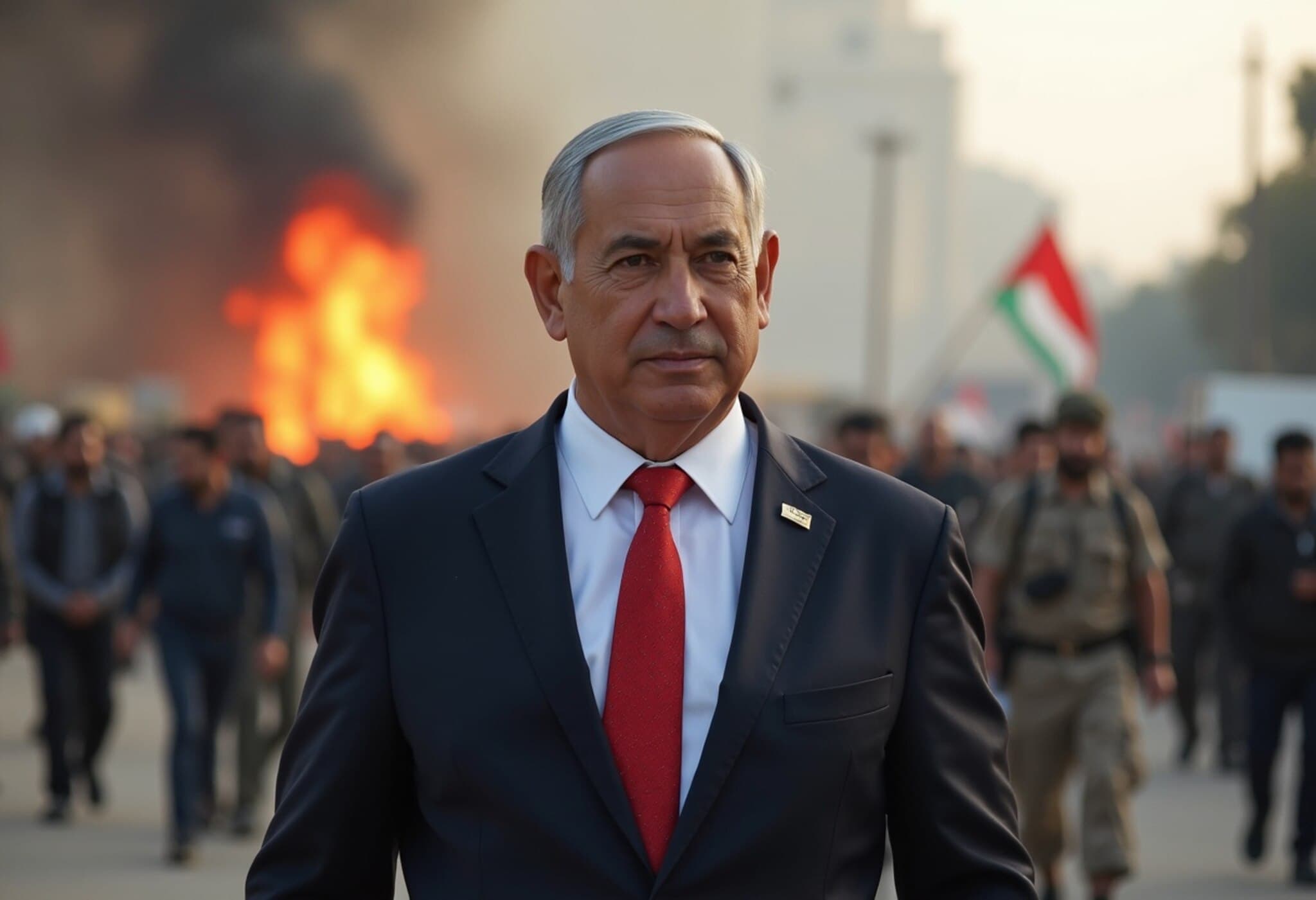Australia’s Penny Wong and the Growing Call to End the Gaza War
In a bold and compelling joint statement this week, Australian Foreign Minister Penny Wong, alongside over two dozen international peers, urged a halt to the ongoing conflict in Gaza. Their appeal cuts through the escalating violence with an unflinching critique of Israel’s military strategy, which they argue is inflicting disproportionate suffering on Palestinian civilians without clear progress towards hostage release or lasting peace.
The statement reflects mounting frustration across the globe, not only within Australian corridors of power but among numerous governments alarmed by the relentless toll exacted on Gaza’s population.
Unpacking Israel’s Conflicted Objectives
Prime Minister Benjamin Netanyahu faces a paradox: the twin goals of neutralizing Hamas’s military capabilities while simultaneously securing the safe release of hostages captured during the October 2023 attacks. Yet, with every civilian casualty reported and no hostages freed, this dual aim seems increasingly unattainable.
While the world recognizes the necessity of holding Hamas accountable for the heinous killing of some 1,200 victims in October 2023, there is an urgent question about how much suffering is too much. Principles of military necessity and proportionality—cornerstones of international humanitarian law—are meant to guide armed conflict, yet many experts now warn these boundaries are being breached.
The Human Cost on the Ground
The children, families, and communities living amidst Gaza’s devastated infrastructure continue to face crushing hardships. Images from this week show Palestinians lining up for food distributed under restrictive conditions, while cases of life-threatening malnutrition among infants like Muhammad Zakariya Ayyoub al-Matouq underscore the crisis’s human dimension.
Reports reveal tensions around the Israeli-backed Gaza Humanitarian Foundation (GHF), a privatized aid delivery system scrutinized for prioritizing military objectives over impartial humanitarian principles. Its executive leadership’s opaque ties to evangelical and political figures, including connections to former US President Donald Trump, raise eyebrows about the foundation's true neutrality.
Security concerns are equally troubling: US private contractors guarding aid distribution centers have been implicated in controversial practices, and tragic reports of deaths during aid operations spotlight the peril faced even by civilians seeking basic sustenance.
Australia’s Strategic Multilateral Approach Amid Global Challenges
Australia, aware of its limited unilateral influence over Israeli policy, has embraced a multinational diplomatic approach to press for de-escalation. This includes coordinated sanctions targeting individuals within Israeli settler movements linked to violence, echoing broader efforts by allied nations to hold all parties accountable.
Such measures have drawn criticism from figures like US Secretary of State Marco Rubio, highlighting the delicate balance allies navigate between supporting Israel’s security and advocating for human rights and proportionality.
Navigating Terrorism Designations and Diplomatic Nuances
Australia maintains its designation of Hamas and Palestinian Islamic Jihad as terrorist organizations, a stance consistent with many Western governments. Yet, it also demonstrates readiness to sanction Israeli officials and settlers whose actions challenge liberal democratic norms—a recognition of the complexity inherent in addressing an entrenched conflict.
Beyond Military Force: The Challenge of Hostage Negotiations
A critical, often overlooked question is the role of public advocacy in the release of hostages. Some argue that global protests have overwhelmingly focused on critiquing Israeli military action, while exerting less pressure on Hamas to free captives.
US Secretary of State Antony Blinken recently acknowledged this imbalance, suggesting that a more vocal international demand for hostage release might have shifted the dynamic.
Meanwhile, the Australian opposition’s response — emphasizing Israel’s right to self-defense while urging Hamas to release hostages — underscores the entrenched nature of political positions in Canberra, which some consider insufficiently responsive to the evolving realities on the ground.
The Futility of Continued Destruction
With Hamas having released hostages only through negotiated deals, further devastation in Gaza seems unlikely to accelerate their liberation. Experts like Dr. Rodger Shanahan, a noted Middle East analyst, stress that continuing military operations beyond achieved objectives risks inflicting harm without strategic gain, labeling the current phase of conflict as “overkill.”
Editor’s Note: Shaping the Path Forward
The situation in Gaza today is a profound testament to the limits of military power and the urgent need for thoughtful diplomacy informed by humanitarian principles. Penny Wong’s courageous call to halt hostilities invites us to ask: How can the international community better balance justice, security, and humanity in this enduring conflict? And as nations grapple with their roles, will multilateral pressure catalyze meaningful dialogue or deepen divides?
For readers and policymakers alike, acknowledging the intricate web of interests and the profound human suffering embedded within the Israel-Palestine conflict is essential for fostering solutions that prioritize peace, proportionality, and respect for life.

